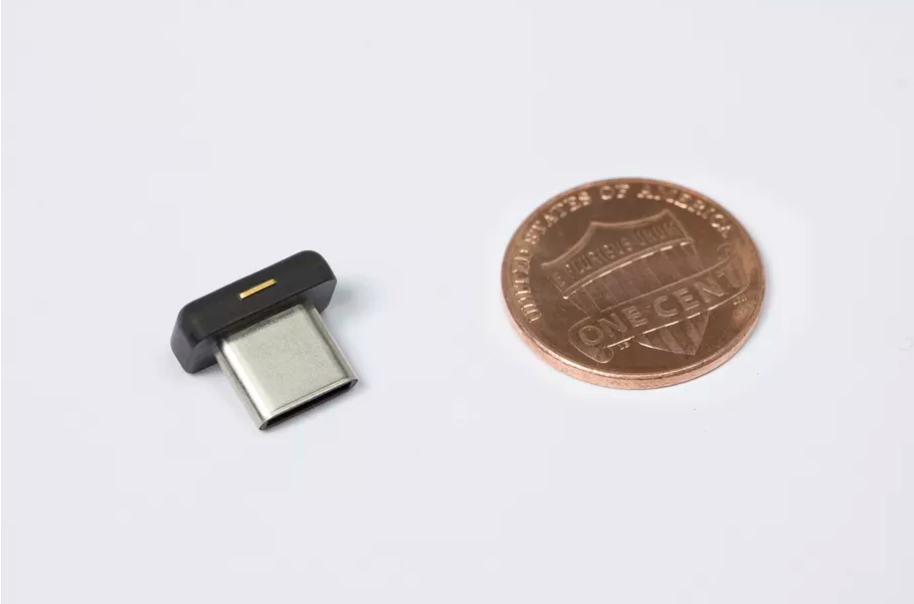
2012 was not a great year for security. From the "epic hack" of Wired's Mat Honan to the breach of Dropbox and the breakdown of barriers at Blizzard (not to mention countless smaller incidents), last year held frequent reminders that what you put online is never truly safe. Google has, in the wake of such public failings, began pushing its two-factor authentication with a pretty heavy hand. But even that system has its short comings, and Mountain View is looking for ways to shore up users' accounts. In particular the web giant is exploring hardware authentication options and experimenting with a device called YubiKey -- a USB-based token system. The research will be unveiled in a paper being published later this month in IEEE Security & Privacy Magazine, and includes preliminary work on a protocol for using a hardware device to unlock an online account. If carrying around and jacking in a USB key sounds too cumbersome, fear not. Google is also working on a wireless version of the platform that could be embedded in a cellphone or even a piece of jewelry like a ring. We may never ditch the password entirely, but we can hope.
Filed under: Misc, Google
Comments
Source: Wired, IEEE Security & Privacy Magazine
 Yubico has launched a new USB-C authentication key and it is tiny. The tiniest in the world, in fact. But size doesn't matter in this instance, as the YubiKey 4C Nano it works just like any other USB-C authentication key. Designed to replace text mes...
Yubico has launched a new USB-C authentication key and it is tiny. The tiniest in the world, in fact. But size doesn't matter in this instance, as the YubiKey 4C Nano it works just like any other USB-C authentication key. Designed to replace text mes...
 Yubico has launched a new USB-C authentication key and it is tiny. The tiniest in the world, in fact. But size doesn't matter in this instance, as the YubiKey 4C Nano it works just like any other USB-C authentication key. Designed to replace text mes...
Yubico has launched a new USB-C authentication key and it is tiny. The tiniest in the world, in fact. But size doesn't matter in this instance, as the YubiKey 4C Nano it works just like any other USB-C authentication key. Designed to replace text mes...
 It pays to be paranoid in a time of rampant breaches, social media account extortion, identity theft, fake security products, ransomware, and hack attacks on all. That's why we've put together a gift guide for those among us who don't want to find ou...
It pays to be paranoid in a time of rampant breaches, social media account extortion, identity theft, fake security products, ransomware, and hack attacks on all. That's why we've put together a gift guide for those among us who don't want to find ou...
